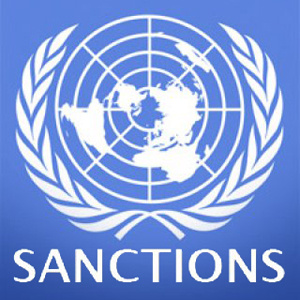Sanctions and Beyond Sanctions

Near future may witness other oil-related sectors of Iranian economy targeted by the Congress and Obama. Consider Holbrooke’s recent visit to Pakistan was a prelude to restrict investment –and involvement- in Iran’s oil industry. In Washington, it seems that the congressman look at the new bill as a sequel to the 1996 D’Amato-Kennedy Bill (also known as Iran & Libya Sanction Act) approved during Bill Clinton’s presidency which set a 20 million USD ceiling investment ceiling in Iran’s oil industry. Apparently, the U.S. politicians have decided to persist until Iran submits to UNSC sanctions Washington.
Sanctions have passed the Rubicon and are not negotiable anymore. One can say with an acceptable degree of certainty that in their Iran policy, Americans have entered the post-nuclear stage. The nuclear issue has apparently turned into nothing more than an excuse for Washington to increase economic and political pressures on Tehran.
In tone and content, Resolution 1929 reminds one of the resolutions adopted on Iraq. It is ‘smart’ and seems to follow objectives beyond economic pressure. And it seems that for White House, returning Iran to the table of negotiations is not a matter of urgency anymore. Is Obama’s team paving the ground to exert crushing pressure on Iran? The U.S. president may be harboring plans to attack Iran, but whatever it may be, the domestic circumstances –particularly the state of economy- prevent him from launching them.
An acceptable –though not ideal- scenario for the Americans would be keeping the international community neutral about an attack on Iran, even if not supportive. Resolution 1929 has indeed given the U.S. the desired elbow room which goes as far as inspecting Iranian shipping lines. Meanwhile, as the U.S. Defense Secretary Robert Gates has said, Washington may use other tools

